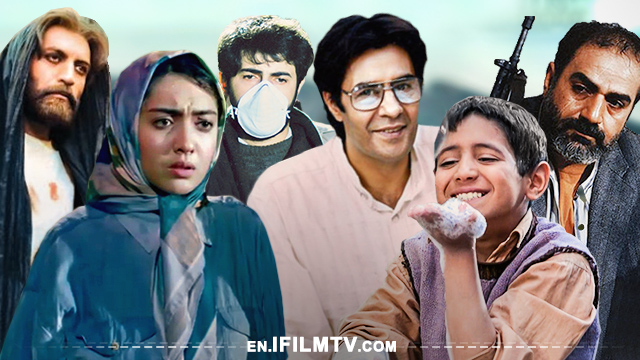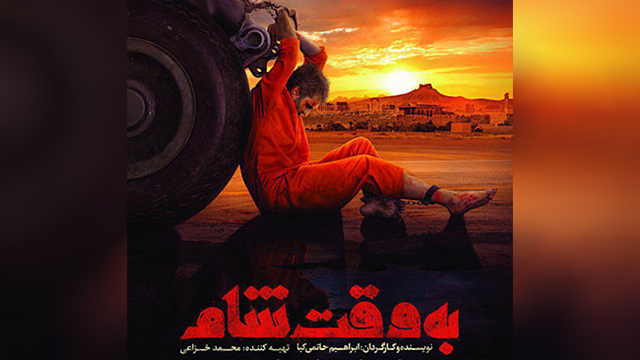Movies have the capability to usher viewers into customs and traditions of a country as well as how people in a locality think.
Focusing on the country’s social and cultural issues, Iranian cinema has taken the limelight in many international film festivals with great films ranging in genre and critical acclaim, but all are notable in distinct ways and all hold some significance to the Iranian film history as they speak to this moment.
ifim English has rounded up some timeless flicks for you to sink your teeth into. Each one of these films delivers a heady dose of nostalgia while being genuinely entertaining.
.
The Glass Agency (1998)
‘The Glass Agency’ is an Iranian drama film directed by Ebrahim Hatamikia.
This multiple prizewinner is the story of a war veteran living in post war Iran who takes hostage everyone in a travel agency to force the fund for a medical trip to England for one of his former men.
Hatamikia's controversial depiction of veterans from the Iran-Iraq war stars Parviz Parastoui, Reza Kianian and Habib Rezaee.
‘The Glass Agency’ and ‘In the Name of the Father’ have won Hatamikia the best screenplay and directing awards at the 16th and 24th Fajr Film Festival, respectively.
His works have been also on international screens: ‘The Glass Agency’ in Berlin and ‘The Red Ribbon’ in San Sebastián.
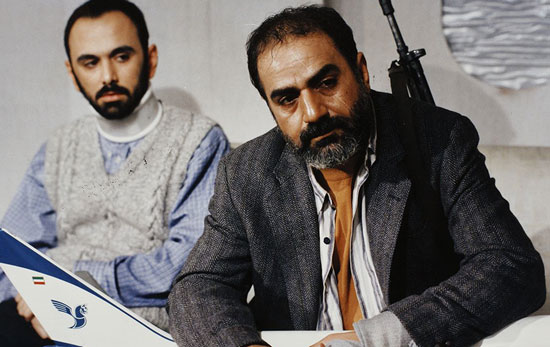
From Karkheh to Rhein (1992)
German-Iranian co-production by Ebrahim Hatamikia is about a chemically poisoned veteran named Saeed who goes to Germany for treatment and recuperation. Once there, he is reunited with his sister Leila, who is now married to a German citizen. The siblings struggle to reconnect in a foreign land, while Saeed prepares himself for surgery that could change his life.
The story going well until he found out the blood cancer he has with no chance to live that push the movie to its climax when he shout God loud for dying in place like Germany not during war and we see a drunk man also shouting the same way. The movie is very human based and you should focus on interaction between people and watch the movie deeply to find out what is going on.
‘From Karkheh to Rhein’ slowly develops from the perspective of a person to family and then to the society. The strife and pain of war have far flung implications that cross the borders and create emotional turmoil.
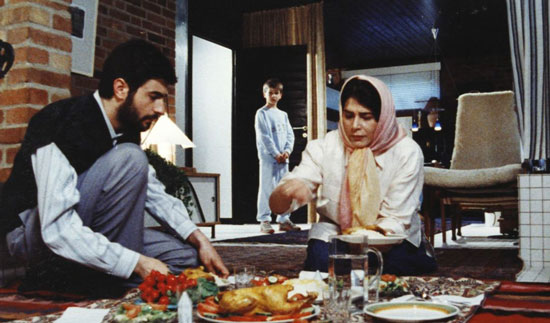
Children of Heaven (1997)
As a touching and uplifting movie about compassion and familial bonds, Majid Majidi’s ‘Children of Heaven’ was the first Iranian film nominated for the Best Foreign Language Film Oscar.
‘Children of Heaven’ tells the story of a little boy named Ali who loses his sister’s shoes. Knowing their family is poor, the siblings try not to reveal the shoes are lost until they can get them back by trying a new way to win a new pair.
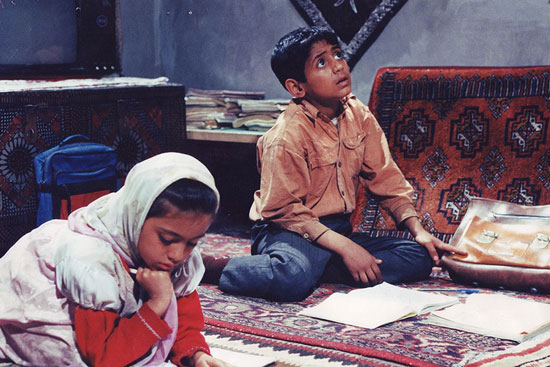
The Tenants (1986)
Dariush Mehrjouee’s satirical feature is about the machinations of four families occupying a building on the outskirts of Tehran, one of which is trying to evict the other three.
‘The Tenants’ was a big hit and featured well-known Iranian actors, Akbi Abdi and Ezzatolah Entezami.
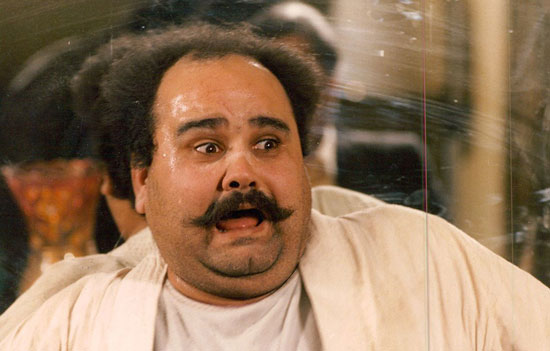
Scent of Joseph (1995)
‘Scent of Joseph’ is an Iranian drama film about the forgotten Iranian POWs written and directed by Ebrahim Hatamikia. For the first time, Hatamikia appeared in his film as an actor.
A woman comes back from abroad to see her brother – a former POW – after many years. To show the claustrophobia of prisoners, 95% of the film takes place at night.
The music of this film is made by Majid Entezami. It is so beautiful that became a classic and made this film a nostalgic for the Iranians. It is often used by the Iranian television as a background theme.
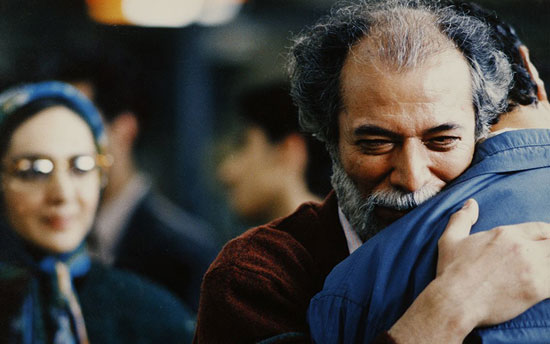
Strange Sisters (1995)
Kioumars Pourahmad tells us a delightful tale about a pair of identical twin sisters who scheme to bring their estranged parents back together.
‘Strange Sisters’ won the Best Music and Special Jury awards at the 14th edition of the Fajr Film Festival while Kiumars Pourahmad was selected by the eight-member jury as Best Director in the same festival.
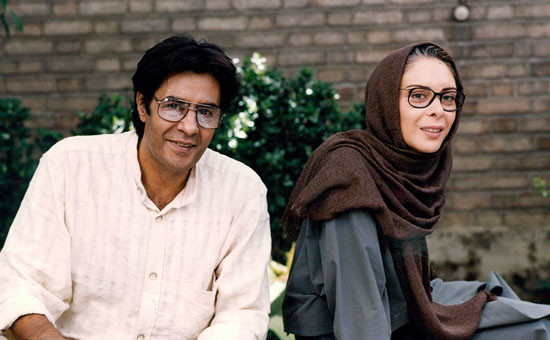
The Fateful Day (1995)
Shahram Asadi’s film is about a Christian youth who converts to Islam for the love of a Muslim girl at the time of Imam Hussein (AS). At his wedding, he hears voices calling for help. He leaves the ceremony and takes a journey to Karbala. But he arrives after the Battle of Karbala.
The 105-minute flick has attracted many acclaims since its broadcast. It features many Iranian cinema stars. Wheeler W. Dixon, American filmmaker and scholar, describes the movie as "an enormous hit in its home country."
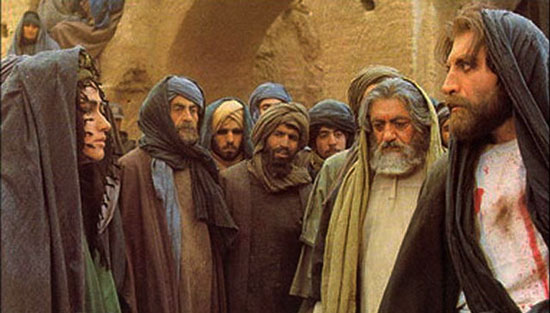
Mother (1991)
Late Ali Hatami’s film shows how a mother acts in the hardest parts of her, and her children's lives.
The movie ‘Mother’ reflects some unique and traditional Iranian values such as love of mother, affection and emotion and family relationships.
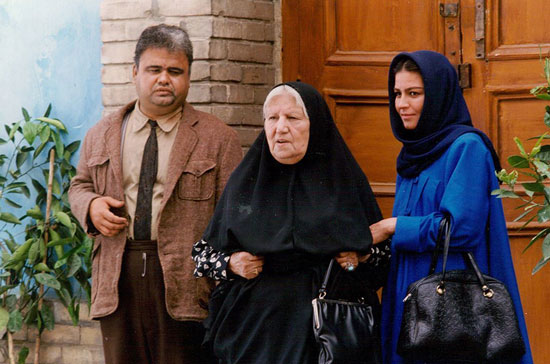
Mom’s Guests (2004)
Dariush Mehrjuouee’s ‘Mom’s Guests’ poses as a social comedy, a satirical examination of social relationships in Iran, centered on the cultural notion of “aberoo,” or “keeping up appearances” which is most directly linked to the practices of food offering in Iran.
‘Mom’s Guests’ tells the dark yet funny story of a mother, who, when unable to feed her newly arrived nephew and his bride, turns to those in her building for help.
However, the film was met with both critical and popular success.
In ‘Mom’s Guests’, food portrays daily routines and highlights folkloric rituals and cultural habits. With Sofre (where people gather to have a meal together), Mehrjouee creates an Iranian micro-society.
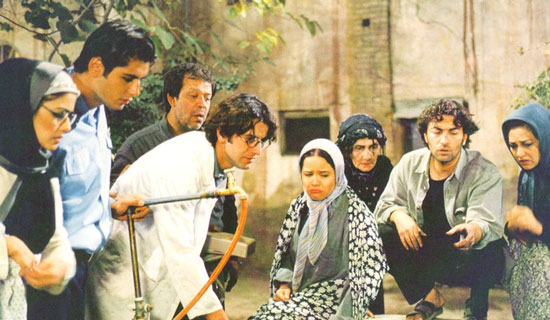
Hamoun (1989)
‘Hamoun’ is a psychological drama movie by Iranian mega-director Dariush Mehrjouee.
In a series of flashbacks and dreams, ‘Hamoun’ tells the story of the midlife crisis of a self-absorbed man played by Khosro Shakibaee who can't accept or realize why his wife wants a divorce.
In 1997, the movie was voted the best Iranian film of all time by Iranian film critics, superseding Mehrjui’s Gaav (The Cow, 1969) from the top position.
Many short-duration shots along with numerous zoom shots have given ‘Hamoun’ a nervous and dynamic mode.
‘Hamoun’ has often been described as employing Fellini-like dream sequences and flashbacks.
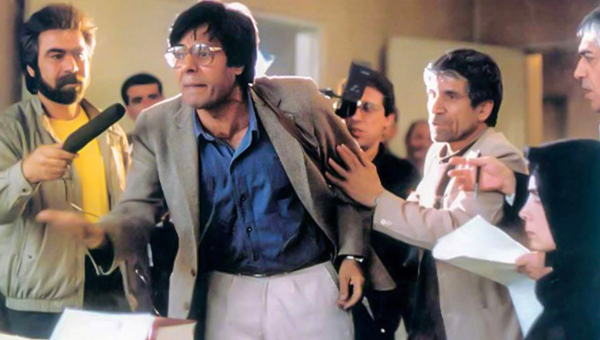
MM/MM

